Below are a series of Sways that share some key points / quotes from a range of books that I have read and learnt from.
High Challenge Low Threat
Mary Myatt
“Informed through thousands of conversations over a 20-year career in education, Mary shows the lessons that school management teams can learn from leaders in a wide range of other sectors and points to the conditions which these leaders create to allow colleagues to engage with difficult issues enthusiastically and wholeheartedly.”
High Challenge Low Threat summary Sway
Visible Learning for Teachers
John Hattie
Visible Learning means an enhanced role for teachers as they become evaluators of their own teaching. According to John Hattie Visible Learning and Teaching occurs when teachers see learning through the eyes of students and help them become their own teachers.
Visible Learning for Teachers summary Sway
Visible Learning: The Sequel
John Hattie
When the original “Visible Learning” was published in 2008 it instantly became a publishing sensation.
Now John Hattie returns to this ground-breaking work. The research underlying this book is now informed by more than 2,100 meta-analyses (more than double the original), drawn from more than 130,000 studies, and has involved more than 400 million students from around the world.
“Visible Learning: The Sequel” reiterates the author’s desire to move beyond claiming what works to what works best.
Visible Learning: The Sequel summary Sway
Curious not Furious
Alison Rendle and Kit Messenger
In Curious not Furious, Alison Rendle and Kit Messenger explain how you can support young people to develop their skills to cope with these challenges now and in the future. Based on the latest research into neuroscience, psychology, attachment and trauma, this booked is packed with examples, stories, models and tools that will help you respond effectively and with kindness, no matter what happens.
Curious not Furious summary Sway
Curious not Furious summary Sway 2
The Thinking School
Dr Kulvarn Atwal
“In this book, headteacher and professional learning expert Dr Kulvarn Atwal presents a model that maximises both formal and informal opportunities for staff development. Through peer learning, modelling, coaching and mentoring, engagement in research and other professional growth activities, the thinking school creates a dynamic collaborative culture that permeates the entire learning community.”
The Thinking School summary Sway
Leadership Matters
Andy Buck
Leadership Matters improves the educational outcomes for children by empowering leaders: how leadership at all levels can create great schools. Andy Buck takes an in-depth and diagnostic approach, encouraging leaders at all levels to think about their personal qualities; their specific situation; their own leadership actions; and their own overall leadership approach.
Leadership Matters summary Sway
Back on Track
Mary Myatt
Back on Track poses the idea of doing fewer things really well. Mary Myatt applies Greg McKeown’s theory of essentialism, showing teachers and leaders how to create the time and space to do deep, satisfying work on the curriculum. She explores the professional attitudes and orgainsational culture that support doing fewer things in greater depth.
Back on Track summary Sway
When the adults change, everything changes
Paul Dix
Paul Dix upends the debate on behaviour management in schools and offers effective tips and strategies that serve to end the search for change in children and turn the focus back on the adults. He outlines how each school can build authentic practice on a stable platform, resulting in shifts in daily rules and routines, in how we deal with the angriest learners, in restorative practice and in how we appreciate positive behaviour.
When the adults change, everything changes summary Sway
The Silent Guides
Professor Steve Peters
The “Silent Guides” explores some neuroscience and psychological aspects of the developing mind, unconscious thinking, behaviours, habit formation and related topics in an easy to understand way.
The Silent Guides summary Sway
The ResearchED Guide to Leadership
Edited by Stuart Lock (Series Editor Tom Bennett)
ResearchED is an educator-led organisation with the goal of bridging the gap between research and practice. Claiming that the leadership industry has failed to have the impact on schools that is required, this book takes a fresh view that domain-specific knowledge and expertise is vital to running school well and argues that we tend to underestimate the knowledge required to do this complex job efficiently.
ResearchED Guide to Leadership Sway
Education Forward
David Price
Too often, we think of school as a fixed-rail path we all have to follow: teachers teach, students learn, exams are taken, futures set. But parents, teachers and corporations around the world are now voicing their dissatisfaction with education systems that are no longer fit for purpose. Too many young people are not being adequately prepared for the unprecedented challenges they will face in a world that is changing as rapidly as ours is. We should be preparing them for the test of life, not a life of tests.
Education Forward summary Sway
My Secret #EdTech Diary
Al Kingsley
“My Secret EdTech Diary reflects on the history of EdTech, lessons learned pre- and post- Covid, best practice suggestions, how to select the right solutions and the questions you need to consider before pursuing your digital ambitions.”
My Secret #EdTech Diary summary Sway
Kate Jones
Building on the successful work of Dylan Wiliam and Siobhan Leahy, Kate Jones addresses misconceptions of formative assessment and shares practical advice, focusing in the five evidence-informed strategies that teachers can us to support learner’s progress.
This summary Sway shares information on the fifth and final strategy.
Chapter 5: Activating students as owners of their own learning summary Sway
The Microsoft Teams Playbook
Jeni Long and Sallee Clark
In the Microsoft Teams Playbook, EdTech experts and coauthors Jeni Long and Sallee Clark provide a coach’s manual for creating empowered classrooms. Using Microsoft Teams as a multifaceted hub and integrating other powerful EdTech tools, the authors guide teachers to foster learning opportunities that are accessible and equitable for all.
The Future of Teaching
The College of Teaching
It has become increasingly clear that it is the individual teacher who has the greatest capacity to make a difference to learners. Therefore, at the Chartered College of Teaching we believe a clear focus on teacher development, growth and celebration of professional expertise is central to the future of education.
If we are truly to build on the last 150 years of state education, we need to ensure that our profession is at the heart of the debate about not only where improvements can be made, but also how we retain the very best of what schools and teachers have achieved.
Ultimately, the future of teaching must be about hope. The future of teaching is about greater collective recognition of inequity, because through truly understanding where and how the gaps form, we can do our utmost to bridge them.
More than Caring and Sharing
John Cox
Church schools are different not because they are exclusive but because they are distinctive. But just what constitutes this distinctiveness? It is more than a matter of ‘caring and sharing’. This timely book seeks to help all concerned with education in church schools to explore this question.



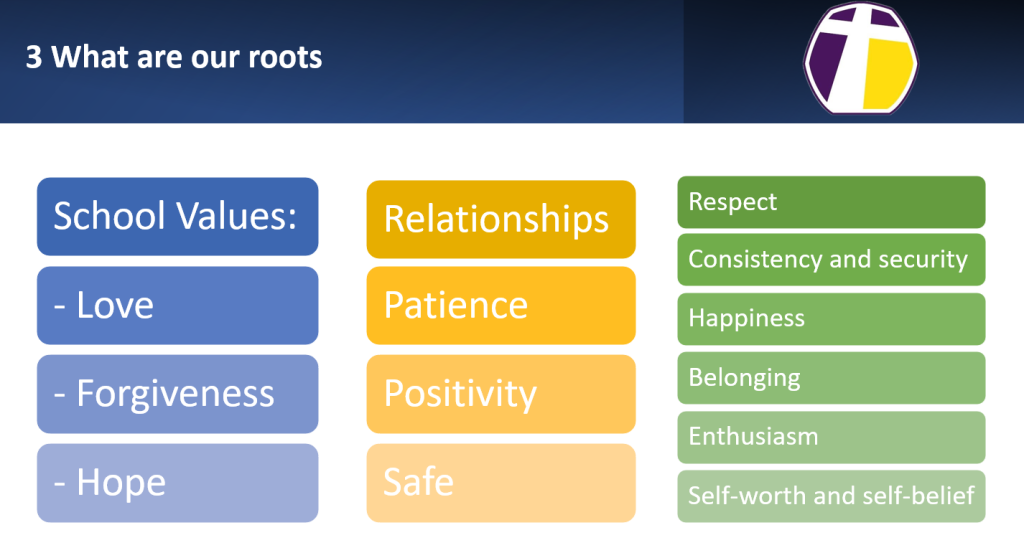


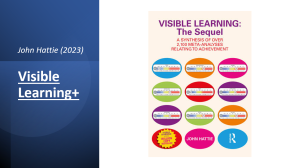
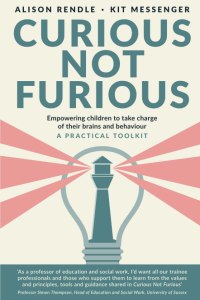
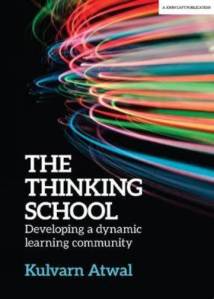
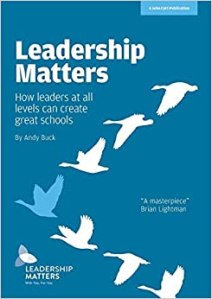

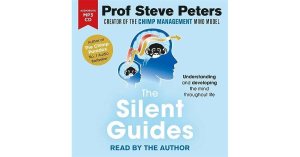
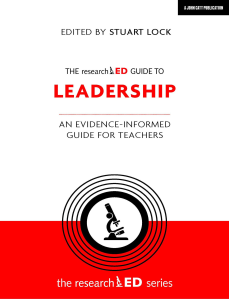
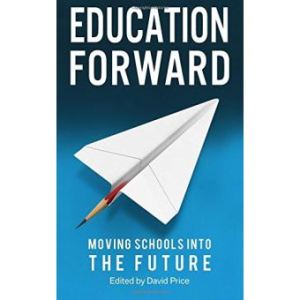
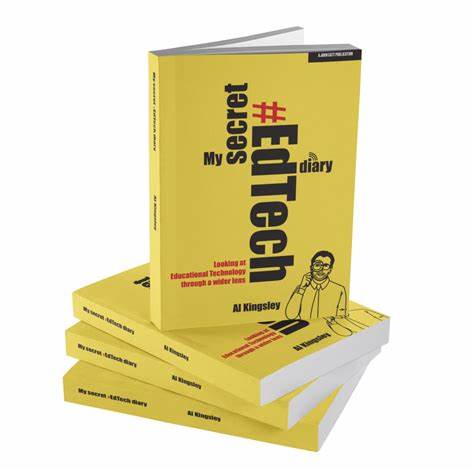

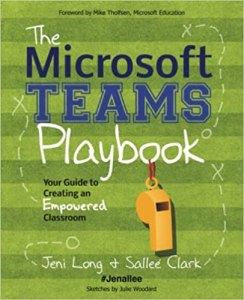
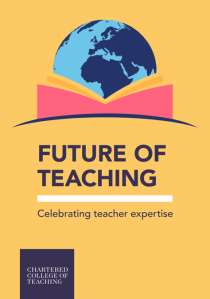
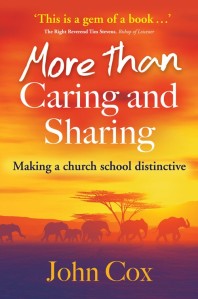
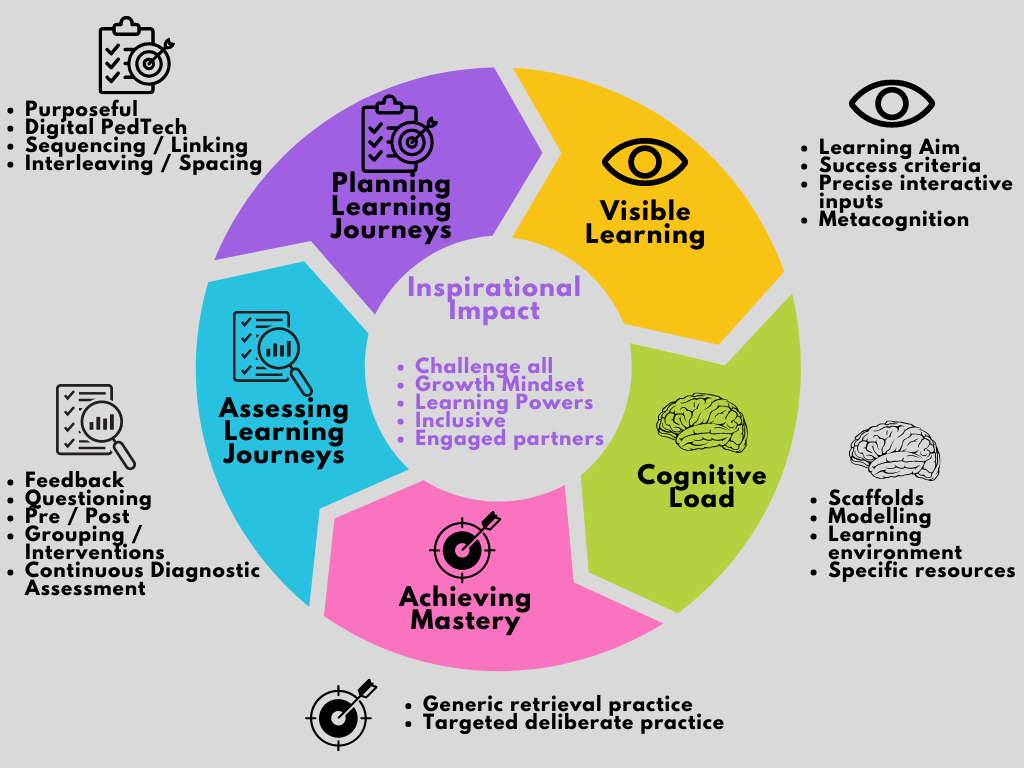

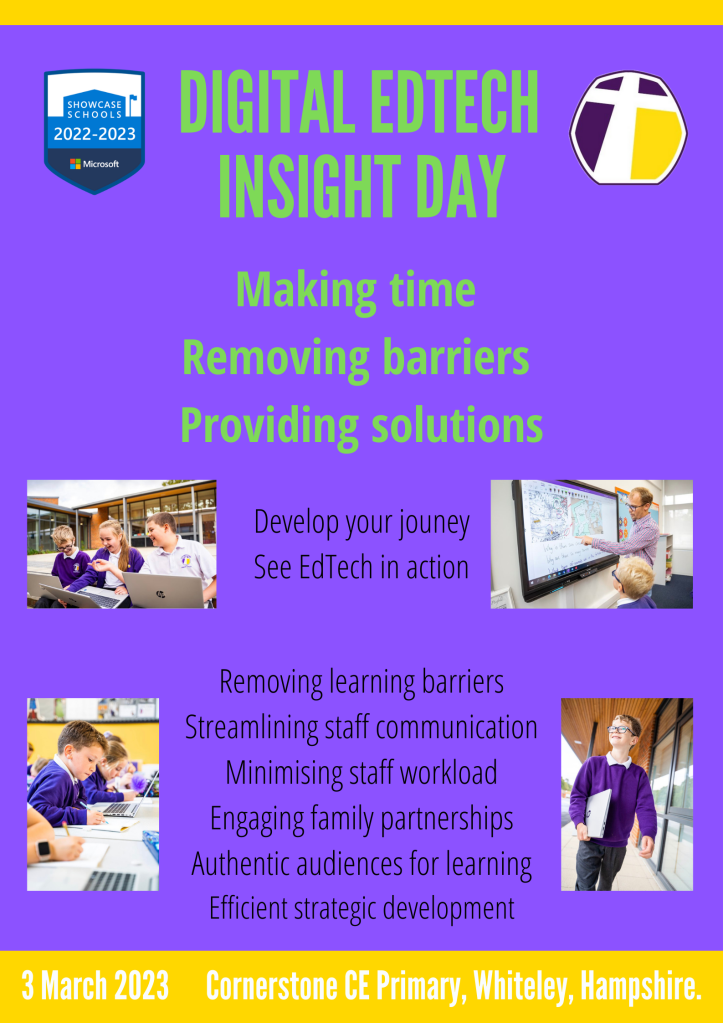

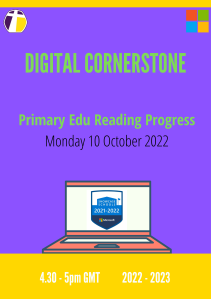
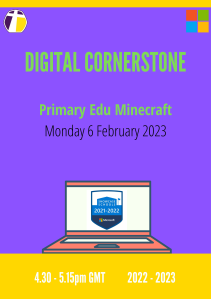
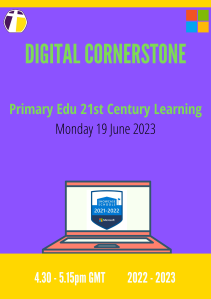


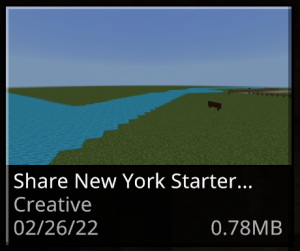

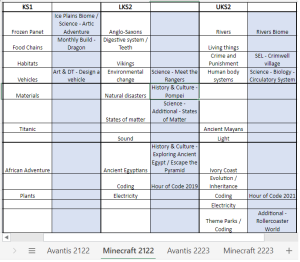
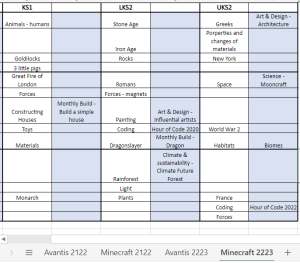
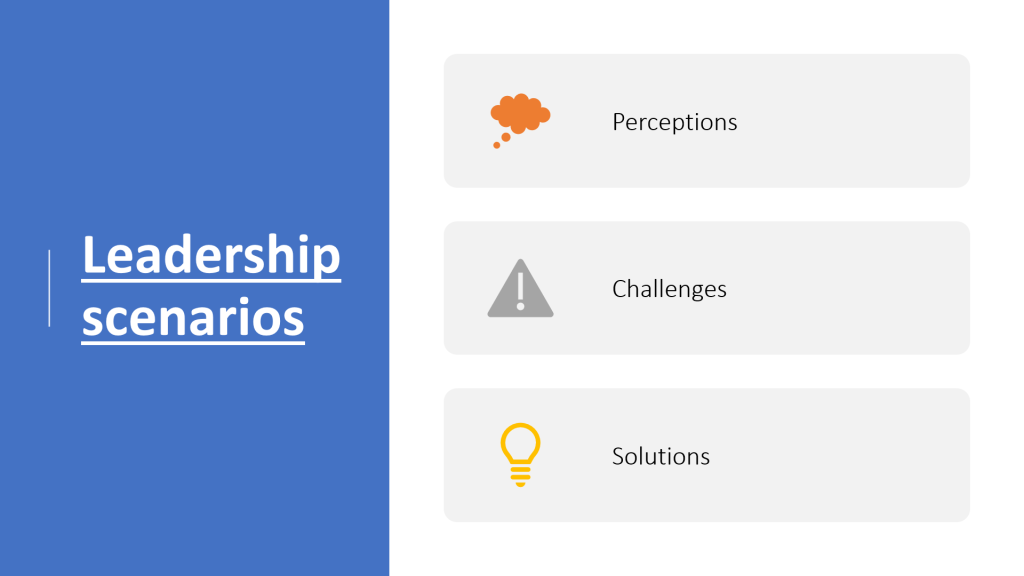

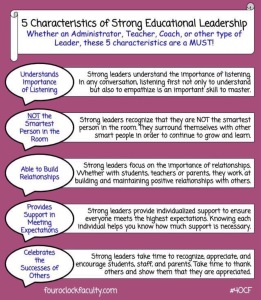
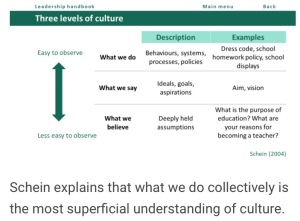
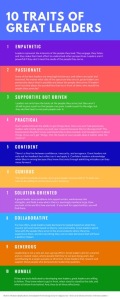
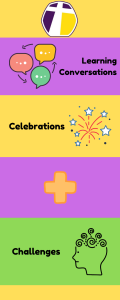
Recent Comments